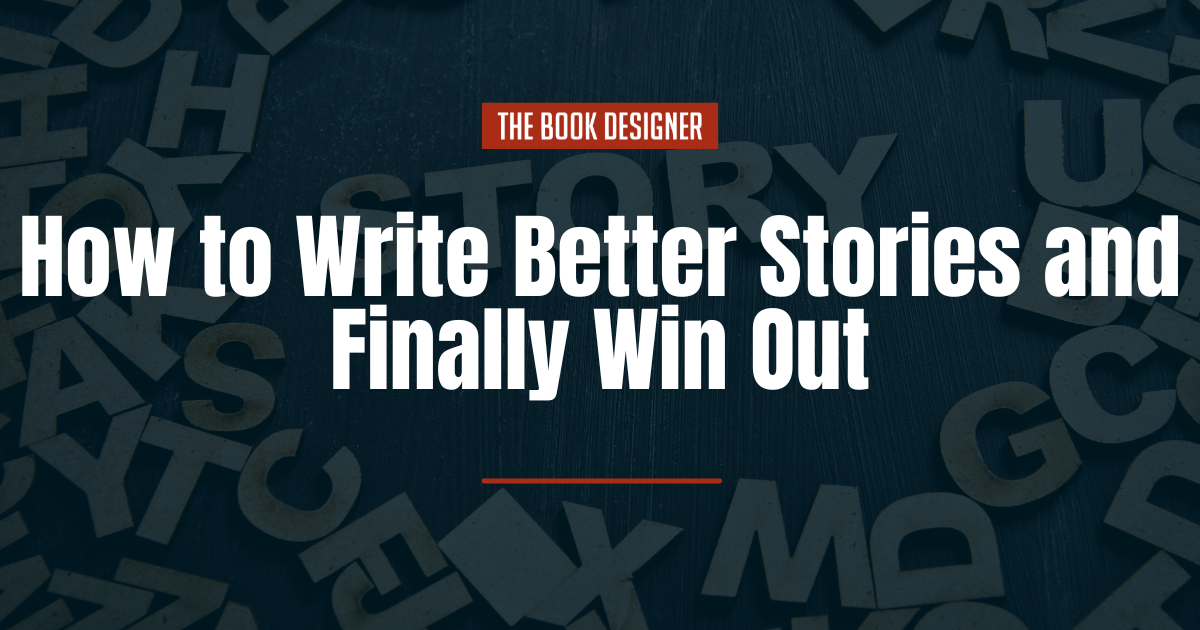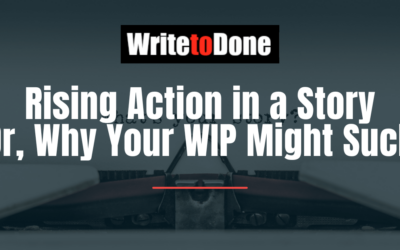You think they’ll hate your story.
You can hear your friends and family, saying, “It’s lovely and so… you!”
Yes, you’re sure they hate it.
Even if they say they don’t, can you believe them?
The verdict you get from an agent or competition judge will at least be honest.
But honesty is cruel. No wonder new writers shudder when entering a major contest.
Since 2009, many of the 4500+ contestants in my Writers’ Village fiction award have requested me, “Please be kind!”
Their terror is real.
Why?
Because if readers reject our story, they stamp on our soul.
Here are seven defenses against the terror of rejection.
1. Join the club!
Almost all authors who have left an enduring legacy were scorned in their debut years.
It took Agatha Christie 23 attempts to get her first novel The Mysterious Affair at Styles into print.
Every publisher in London laughed at William Golding’s The Lord of the Flies.
Here’s how publisher Richard Bentley rejected Melville’s Moby Dick in 1850:
First, we must ask, does it have to be a whale?
While this is a rather delightful, if somewhat esoteric, plot device, we recommend an antagonist with a more popular visage among the younger readers. For instance, could not the Captain be struggling with a depravity towards young, perhaps voluptuous, maidens?
Melville had to pay for his own typesetting, just to get Moby Dick into print.
Tell yourself: early rejection is the sign of fame to come.
[bctt tweet=”Early rejection is the sign of fame to come.”]
Logical? No, but often true.
2. Blink away the fairy dust.
Writers who want to “express themselves” or “write about their lives” publish few novels.
If you set out to write solely for yourself, you will write garbage. At least, that’s how the world will see it.
Write–at the outset–what the market wants. Then you can be as individual, within those constraints, as you wish.
Once you’re established, you can write to please yourself. And publishers will bid large sums for the right to produce your next novel.
Salman Rushdie didn’t start by writing Literature. He honed his skills as a copywriter for the ad agency Ogilvy & Mather. Only then was he qualified to embark on Midnight’s Children, which won the 1981 Booker Prize.
Be realistic about what publishers will publish. Otherwise, you’re setting yourself up for heartbreak.
3. Welcome rejection as a free lesson.
A failed story is a great story if it teaches us something about our craft.
If our writing hasn’t succeeded yet, it’s because we haven’t failed enough.
What’s more, early success is dangerous.
Next time, our novel might not earn out its advance. Publishers will hesitate to take us on next time. And our confidence will collapse.
But if we have lived with failure for seven years, we sigh. Another rejection? We carry on.
Rejection goes with the territory. If an agent tells us explicitly why they rejected our work, that’s a valuable lesson. But don’t take their feedback too seriously.
One of my students had his historical mystery rejected by a major UK agent. “There’s no room in historical fiction for humor nowadays,” he was told.
In vain did he point to the multimillion dollar success of Marilyn Todd’s I, Claudia, a blend of historical mystery and chick lit, which is a giggle a minute. Agents’ opinions are often wrong.
4. Know the odds – and play the game regardless.
Can pessimism be a positive emotion?
Yes, if it encourages us to persist against the odds. And the odds of a new writer being accepted by a reputable agent are around one in 2500, or so London agent Luigi Bonomi of LBA once told me.
Four out of five literary agents will not even acknowledge a novel submitted by a debut author, let alone respond thoughtfully to that submission. Do 80% of agents truly ignore unsolicited submissions? Yes. I haven’t made up that figure.
One of my students kept a scrupulous log of his approaches to 85 agents across two years. He did everything “by the book.” He selected only those agents who represented his genre. His cover letter, synopsis and sample chapters were immaculate. But only 17 of those agents ever came back to him.
Accept the odds and soldier on.
5. Start with low-risk projects.
Don’t embark on a novel from day one. Chances are, you won’t finish it.
Learn your craft with short stories. That’s how Joyce and Hemingway did it. Enter your stories systematically in short fiction contests. In each one, try out a new technique.
If your story fails to win, it’s no great loss. You can shrug it off.
Soon you’ll get a feel for what judges look for – and agents too. Every submission teaches you a new craft skill. And how to handle rejection.
6. Be content with small successes en route to stardom.
When you do embark upon that novel, agents will be genuinely impressed if you’ve won a dozen major awards.
Your first paragraph might actually get read. But if a story fails to impress a contest judge, improve it and submit it elsewhere. Eventually it will win, because every submission has refined your skills.
Some writers earn a good income just by entering contests. They have no other ambitions, it seems. I don’t advocate that route. It turns you into a writing factory.
But regular contest wins can help pay the rent until a publishing contract arrives.
7. Keep yourself motivated by reading the latest bestsellers.
Stephen King once gave this advice to newbie writers: “Read the latest bestseller. Then ask yourself ‘How come this garbage was even published?'”
With some notable exceptions, popular novels are not distinguished by literary talent. Only by the persistence of their authors.
These authors succeeded because they learnt, early on, that Failure is a Good Thing. But persistence is better.
Continual rejection is a masterclass.
It’s the finest coaching you’ll ever get in your writing career.
And it’s free.
Don’t believe me? Ask any of today’s mega-selling authors!
Please share this post on social media 🙂
About the author:
Dr. John Yeoman, PhD Creative Writing, judges the Writers’ Village story competition and is a tutor in creative writing at a UK university. He has been a successful commercial author for 42 years. /em>

















